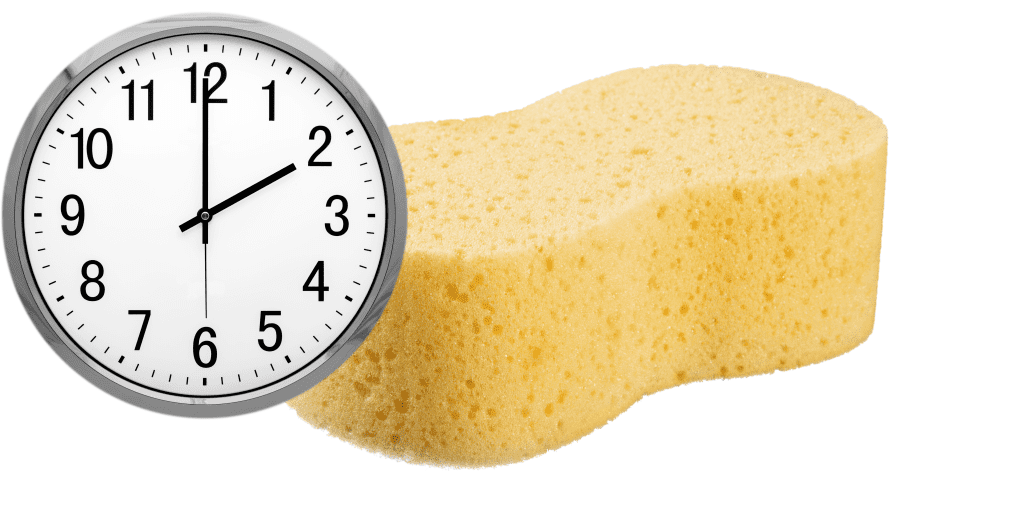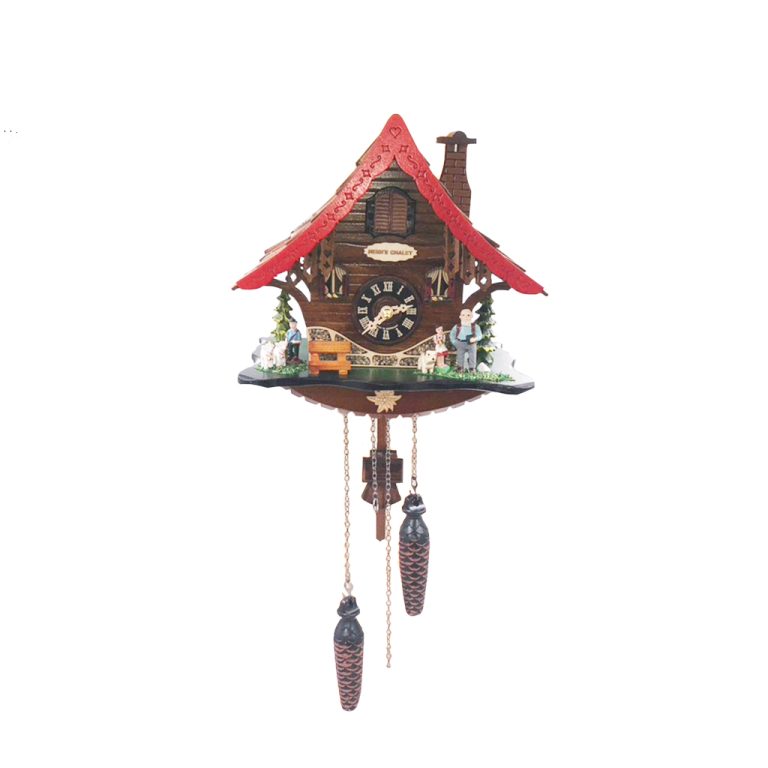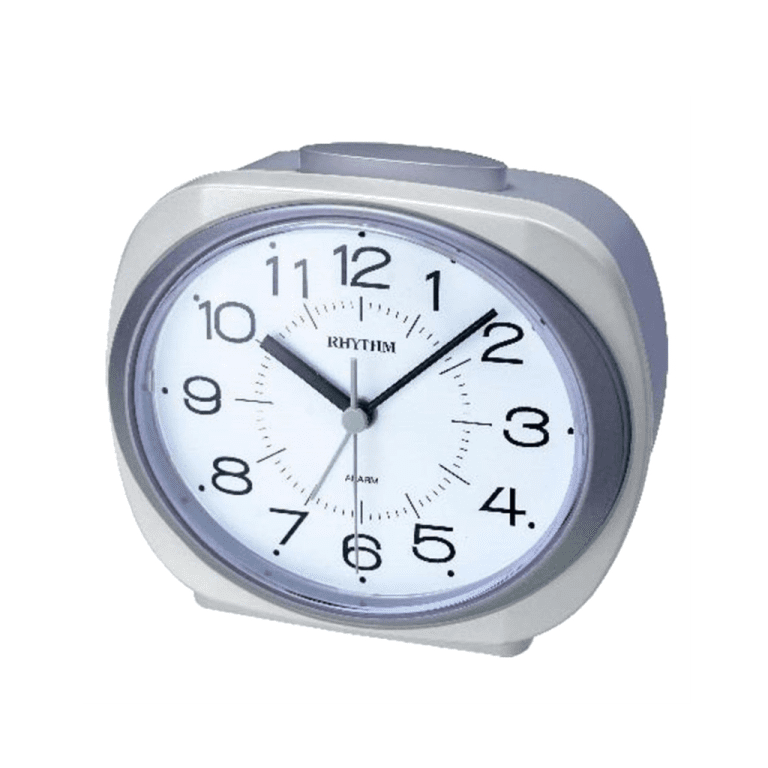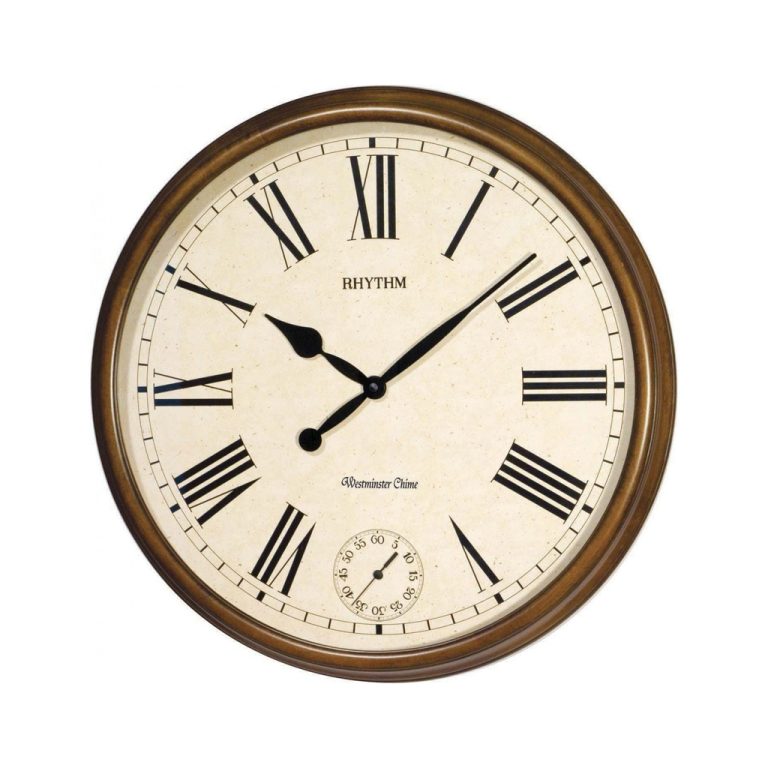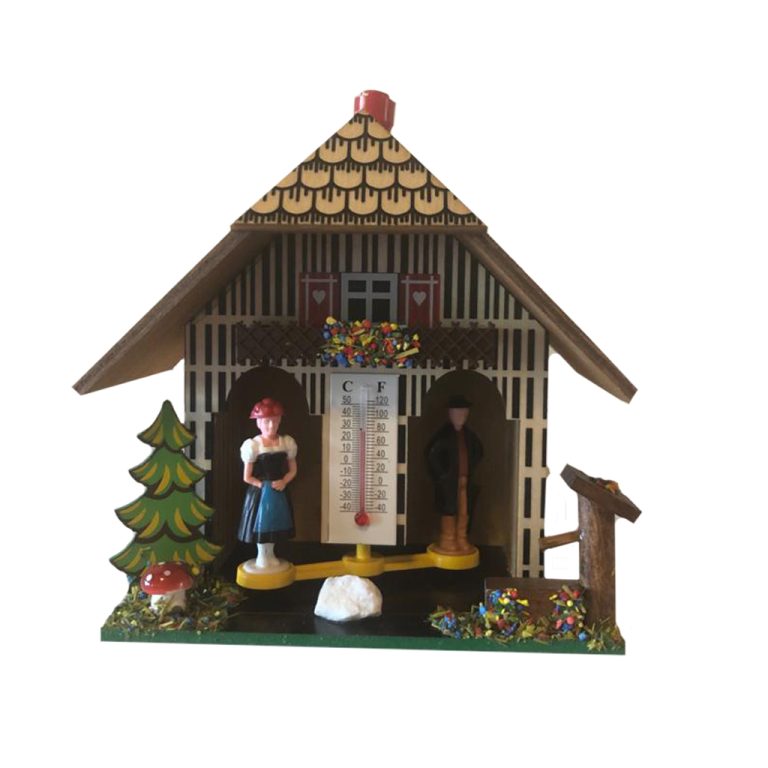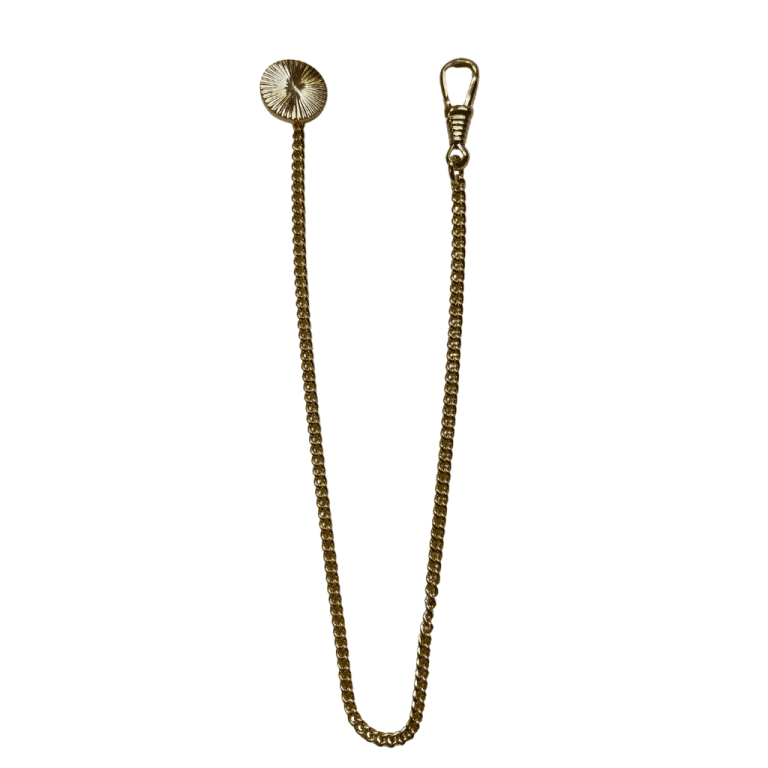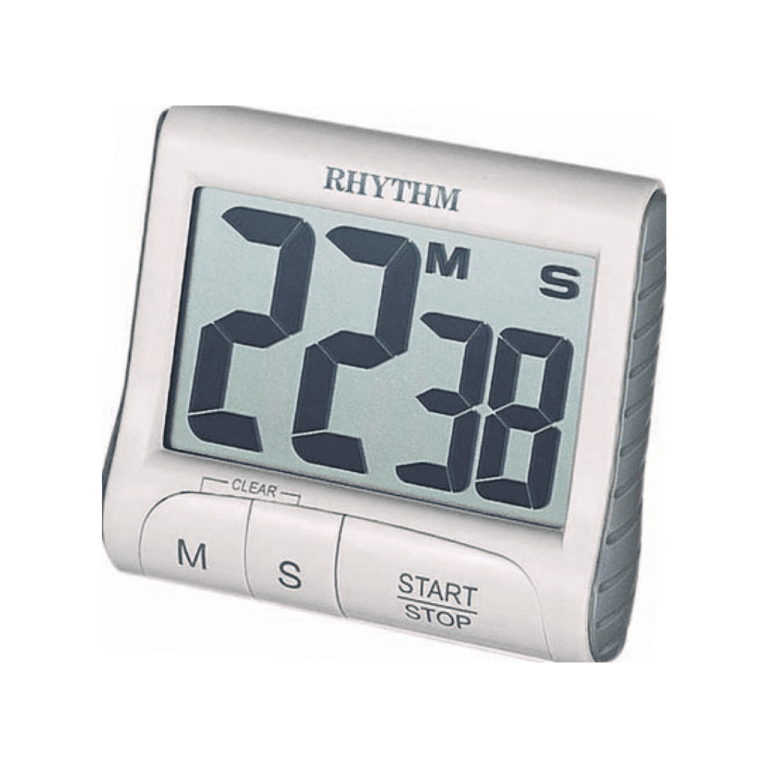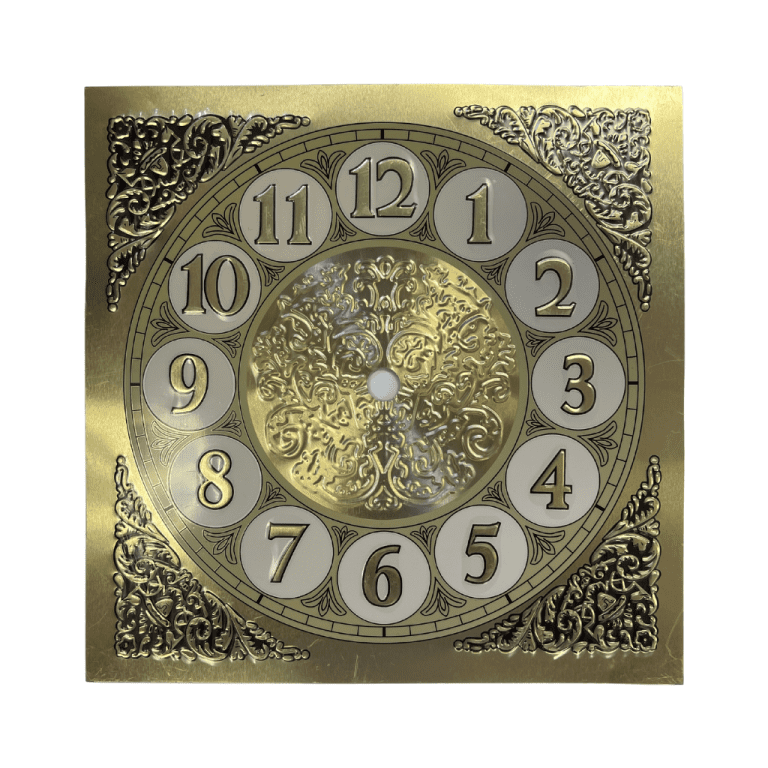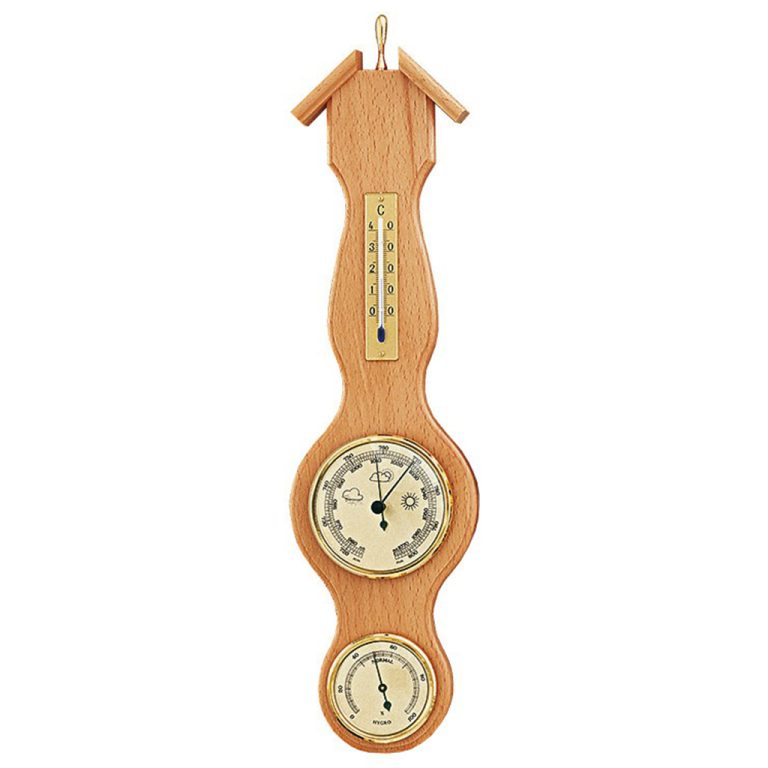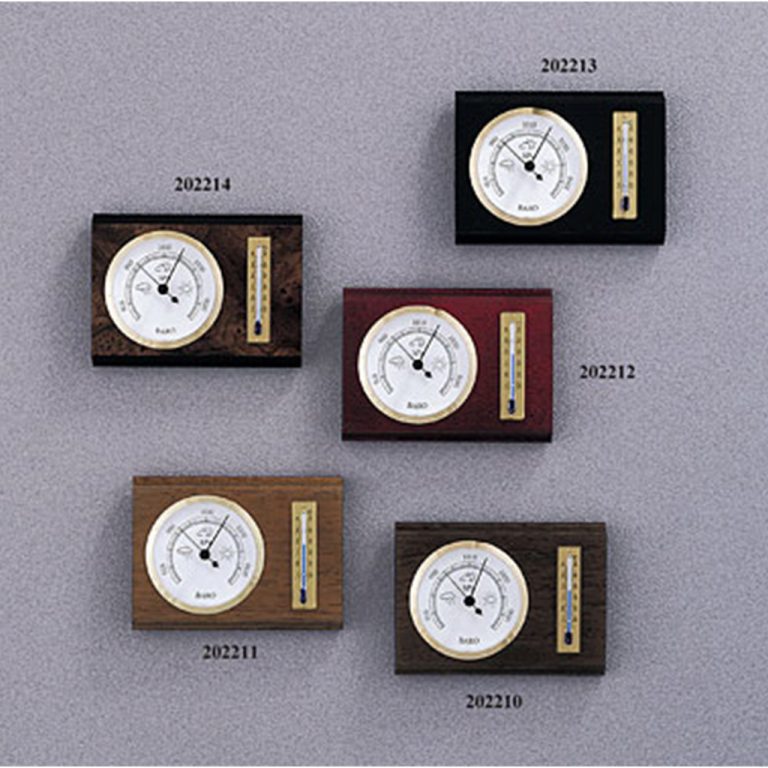Clock care is just as vital as having one since it is a tireless tool that constantly spins its gears to display the time. Proper care alone may not be enough to ensure a long-lasting wall clock. You have to provide them with a dust-free and dry environment. If not, their delicate internal structure deteriorates over time. They also require careful handling whenever they are transported somewhere.
How to Care for Your Clock Properly?
The clock care and repair process begins once you hang the clock on the wall. The article shows every step required for a wall to function properly. With just a few basics under your belt, keeping them in good condition will be much easier.
1. Keep It Clean
A wet cloth regularly applied to the clock’s surface can prevent dust accumulation and help function as well. The rotation of gears also attracts particles to them; this, in the long run, causes the mechanism to deviate slightly.
2. Avoid Direct Sunlight
Direct sun exposure has a disruptive effect, especially on mechanical wall clocks. This is due to the drastic temperature change and its effect on metal and lubricant behavior. Nevertheless, understanding different watch movement types, this disruptive impact is least felt in the quartz mechanism, as quartz crystals are resistant to temperature fluctuations. On the other hand, direct sunlight ruins the aesthetics of wall clocks by fading the surface.
3. Check the Batteries
Even though the batteries get weakened, they still continue to function, but not as they should. So, you need to change batteries, depending on your mechanism, regularly. It is especially significant for cuckoo clock maintenance.
4. Regulate Temperature
Even though clock mechanisms are resistant to temperature fluctuations, extreme temperatures like blow-zero and above +50 affect their mechanism and cause malfunction. So, you need to maintain the right temperature for them to function properly.
5. Regular Maintenance
Mechanical and grandfather clock maintenance has greater value. In regular upkeep, the cock maker will clean it, lubricate it, adjust the pendulum, and wind it up. A mechanical wall clock needs professional care every 2 to 3 years.
Regular maintenance usually includes dust cleaning, lubrication, and pendulum adjustments for the quarts mechanism. Beyond that, a trained eye can identify the exact state of the clock and inform us of its condition.
6. Handle with Care
Another aspect that ensures a long-lasting wall clock is proper handling. It is a well-known issue, but it is also the most common cause of their damage. If a wall clock hits something or drops, the clock’s delicate frame and hands are easily broken. Proper handling is the main focus of antique clock maintenance.
7. Check for Proper Alignment
Even though the proper alignment is much more important for pendulum wall clocks, it is also important for mechanical and quartz mechanisms. If they are not properly aligned, a wall clock’s gears and escapements will not mesh properly and not run smoothly. Alignment ensures that stress is shared evenly across the clock’s components.
8. Wind the Clock Correctly
Mechanical wall clocks rely on manual winding to keep the time. While some require daily winding, others may require weekly or monthly winding. When winding a wall clock, it needs to be handled with care. Mechanical wall clocks come with a key to wind them. The winder key should be inserted in the hole and turned clockwise. As soon as you reach resistance, stop turning and do not overdo it.
9. Regularly Wind and Set
Both mechanical and quartz mechanisms need to be checked and adjusted regularly. Even if everything goes well, the standard deviation for quartz mechanisms is 15 seconds per month, meaning up to two and a half minutes of deviation in a month. For mechanical wall clocks, this is up to +- 2 minutes in a month. This means 24 minutes of deviation in a year. Due to this, winding and setting must be performed regularly to ensure accurate timekeeping.
Credited to:https://www.mclocks.store/

